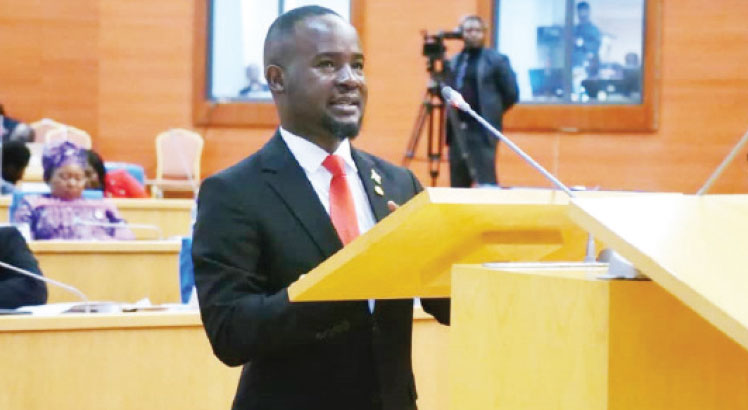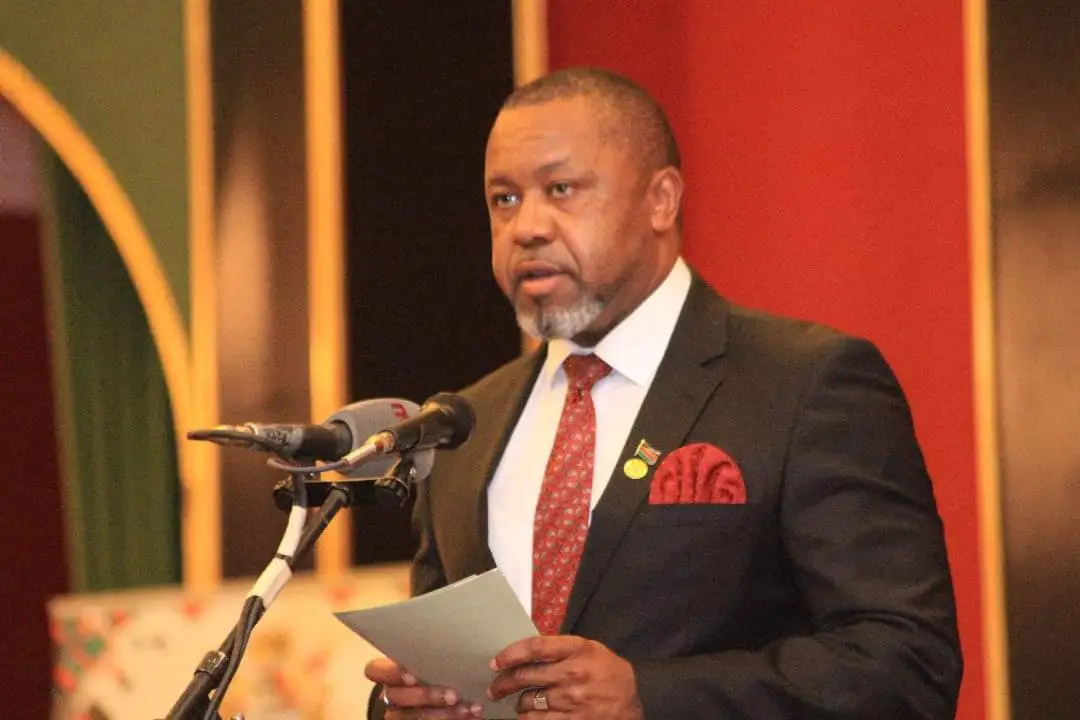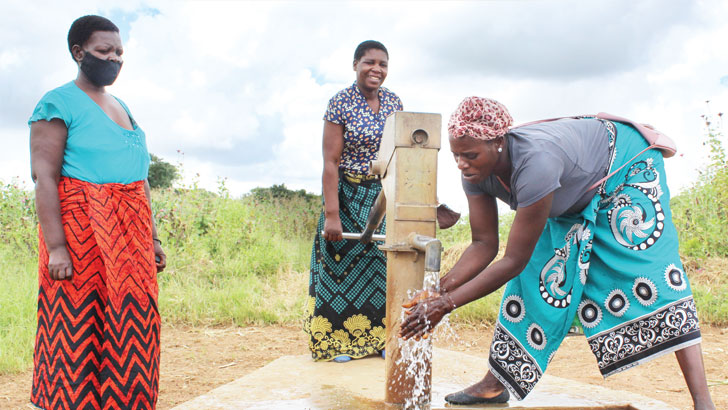Between a rock and a hard place
European Union Ambassador Rune Skinnebach has said the 2023/24 National Budget has good initiatives such as improving the investment and business climate, but the financial plan has put government between a rock and a hard place to deliver.
Giving his views in an interview on Thursday, the ambassador, whose grouping is one of the country’s leading development partners, cited significant debt servicing and huge burden on salaries as some of the hurdles government has to negotiate to get the country out of its current situation.
Said Skinnebach: “But as they always say, ‘the proof is in the pudding’ and here it’s about implementation, because intentions will not do it alone.”
Presenting the 2023/24 National Budget on Thursday, Minister of Finance Sosten Gwengwe announced an eight percent salary increase for civil servants, pushing the wage bill to K897 billion or 5.9 percent of gross domestic product (GDP) and 32.2 percent of the total budget of K3.87 trillion.

Gwengwe also announced the introduction of transport allowance to civil servants as well as doubling of honoraria for chiefs to K3.16 billion.
According to Gwengwe, the 2023/24 financial blue print has a K1.32 trillion budget deficit, which is 34 percent of the total expenditure.
While urging prudent spending of resources and living within means, to bring the debt burden to a downward trajectory, the 2023/24 budget deficit is 33 percent more than that of the previous financial year, meaning government will be forced to borrow more to finance the larger fiscal deficit.
Commenting on negotiations with government to resume direct budget support, Skinnebach indicated that a technical meeting was held last November and that after assessing the situation, the EU team engaged in dialogue with government to see what is required.
He said: “The parameters where we need progress in order to achieve eligibility for EU budget support, at least have been shared with government and a series of 39 elements, mending current PFM [Public Finance Management] and the macro economic situation.”
He stressed that there has to be progress on some of the elements for Malawi to be eligible, but said he was optimistic the arrangement will work out.
Weighing in, economist Betchani Tchereni, who described the financial blue print as standard, observed that the investment budget is slightly higher at 23 percent, which he said is commendable, but expressed reservations with debt.
“Consumption and interest payments are a big concern because already, the country is fighting the high inflation rate because of over-borrowing to finance consumption behaviour; we need to check that,” he said.
But Tchereni hailed government for doubling chiefs’ honoraria, saying under the law, all paramount chiefs need to attend every national function and mobility is paramount.
Other commentators
Another economist Gilbert Kachamba, formerly a lecturer at the Catholic University of Malawi, observed that some sectors that have been allocated huge sums of money have the lowest probability of bringing tangible development.
He explained that to attract investors, the country needs reliable energy sources and said he expected the sector to have been allocated more.
Centre for Social Accountability and Transparency executive director Willy Kambwandira echoed Kachamba’s sentiments, saying the budget does not offer serious investment in the productive sectors.
He said: “76 percent of the total budget goes to consumption, and deficit is too huge and we are also worried with the debt levels.”
In a separate interview, Malawi Local Government Association executive director Hadrod Mkandawire while commending government for increasing district hospitals’ rehabilitation funds budget both in real and nominal value, urged Treasury to ensure that the funds are disbursed to the local authorities.
Meanwhile, Malawi Equity Health Network executive director George Jobe has applauded government for considering to purchase a magnetic resonance imaging scanner for Lilongwe Institute of Orthopaedics and Neo-surgery which is being constructed at Kamuzu Central Hospital.
Civil Servants Trade Union general secretary Madalitso Njolomole has commended government for increasing its workers’ salaries by eight percent, introducing transport and special allowance, saying this will motivate the workforce.
On the education sector, Edukans country director Limbani Nsapato, cited the increase of the education sector budget by 30 percent from K462 billion in the last budget to K603 billion and the increase in allocation to Loans Board from K13 billion last year to K16 billion this year as some of the positives.
He also singled out the allocation of K5 billion for Inkosi M’belwa University and allocation of K8.9 billion for recruitment of teachers of primary and secondary school teachers as good strides. n





